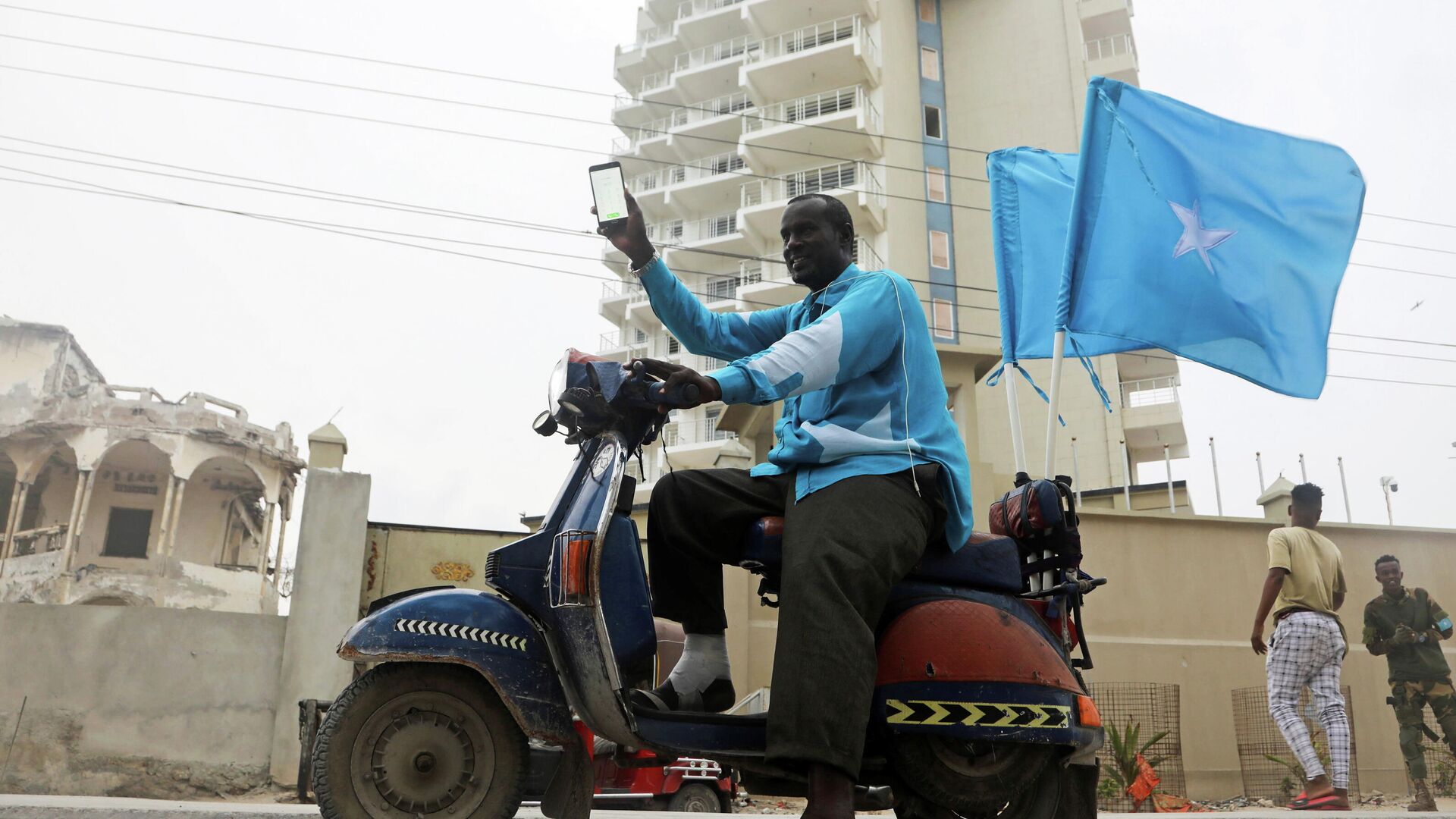Somalia Kicks Off Much-Delayed Elections for Federal Parliament’s Lower House
23:51 GMT 02.11.2021 (Updated: 19:51 GMT 31.10.2022)

© REUTERS / FEISAL OMAR
Subscribe
Somalia has begun the second phase of its complex electoral process, with electors voting on their representatives in the lower house of parliament. When the voting is concluded, the East African state will be set to hold presidential elections - more than a year after they were originally scheduled.
On Monday, Somali Prime Minister Mohamed Hussein Roble, who took charge of organizing the country’s elections in April to help resolve a national crisis, announced the beginning of elections to the House of the People, Somalia’s lower house of parliament.
A debate about how to hold the elections helped fuel a political crisis beginning in late 2020. Unable to resolve the finer points of the process, December elections were put off indefinitely and by April 2021, the legislature intervened and gave Somali President Mohamed Abdullahi Mohamed, better known as Farmaajo, a two-year mandate to organize new elections.
This amounted to a de facto term extension, and after Roble came out against the move, elements from rival clans in the Somali military began to mutiny, taking over parts of the capital city of Mogadishu and declaring their opposition to “a dictator.”
The next day, Farmaajo backed down and put Roble in charge of the elections in order to avert civil war and preserve the foreign financial aid that is essential to the fragile Somali economy. Under his direction, the federative nation’s five states agreed to hold indirect elections in three phases, beginning with the Senate in late July, then proceeding to the House of the People, and ending with presidential elections in October.
However, things didn’t quite happen that way. Senate elections, conducted by state legislatures, took longer than expected, and a new quarrel arose between Farmaajo and Roble over who had the power to appoint a new intelligence chief. The impasse was only resolved on October 22, and elections for the Senate’s 54 senators concluded just days later.
The House of the People has 275 delegates, but like senators, they aren’t elected by popular vote: instead, nearly 30,000 clan delegates will cast their votes for candidates over the next few weeks.
An oddity of Somalia’s system is that a sixth state, Somaliland, declared its independence in 1991 as the country collapsed into civil war, but no other nation has recognized its nationhood. Despite this, Somalia still elects 46 MPs to represent the breakaway state in the House of the People. On Monday, the first two delegates, chosen in Mogadishu, were to be among the Somaliland representatives, Garowe Online reported.
Once both houses of the Federal Parliament are seated, the lawmakers then vote on a new head of state. Farmaajo is seeking reelection against 13 challengers, including several ex-presidents.



